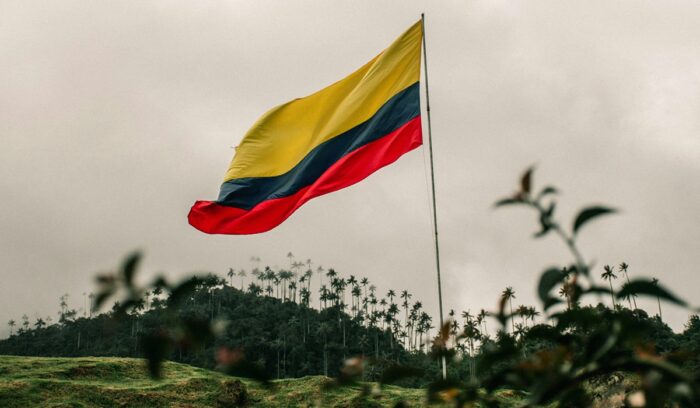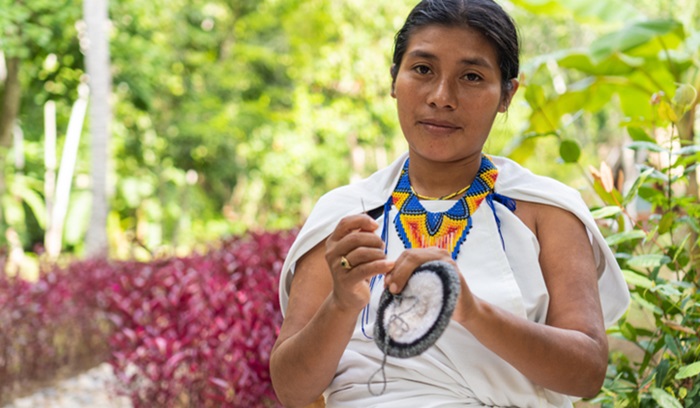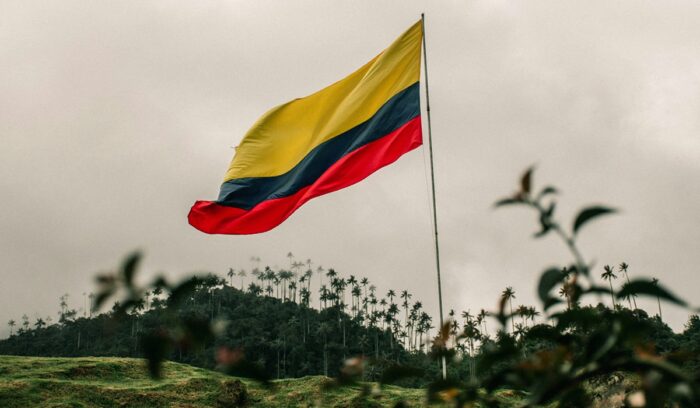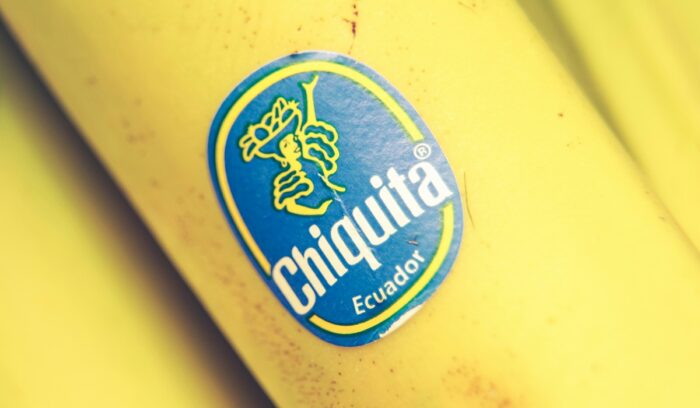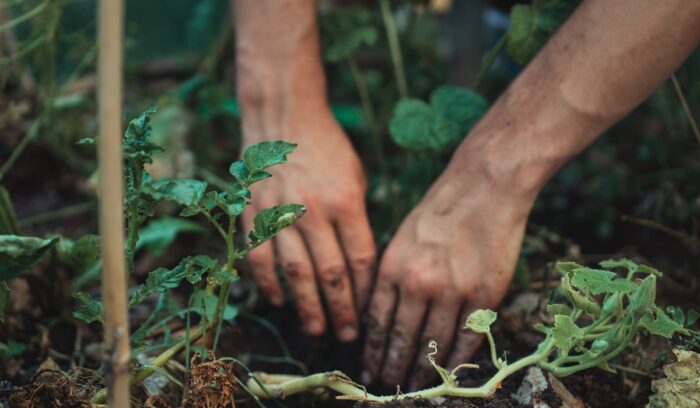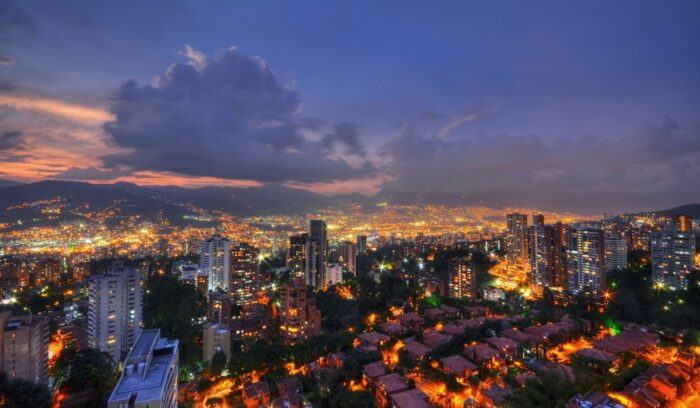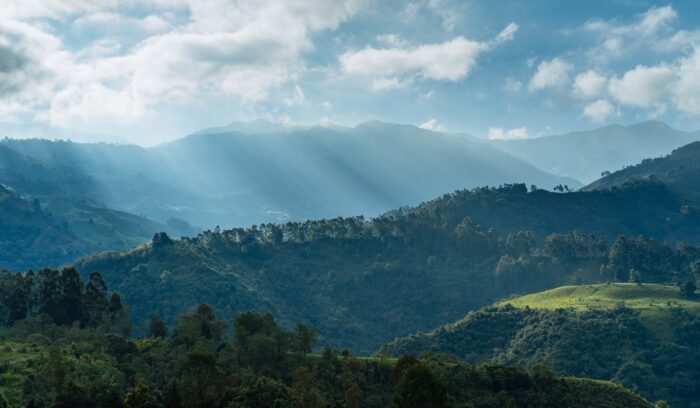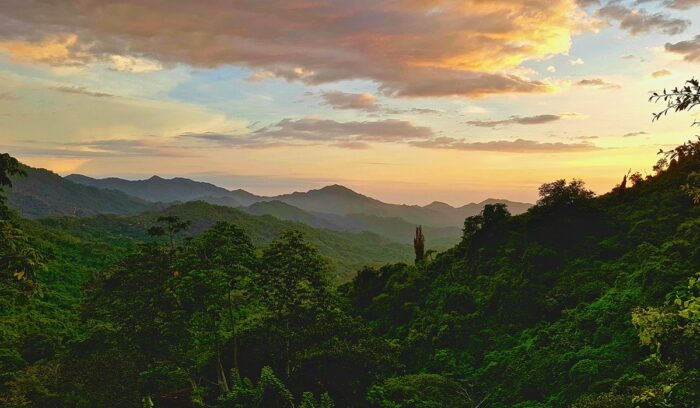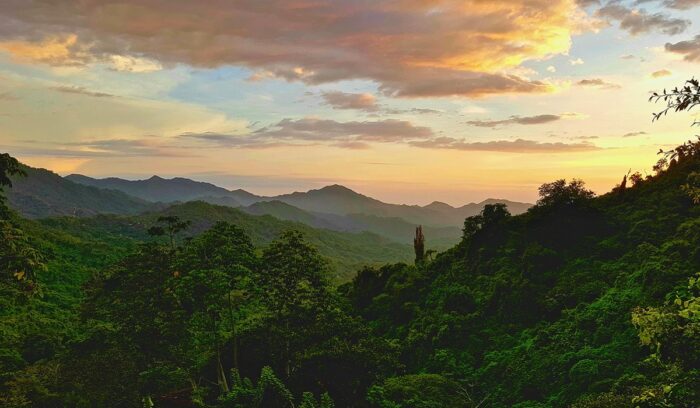Colombia outlaws child marriage after 17-year campaign
There are currently 4.5 million girls and women in Colombia who married before 18 – about one in four. Of these, a million were married before they were 15. Now, Colombian lawmakers have approved a bill to eradicate child marriage in the South American country after 17 years of campaigning by advocacy groups and eight failed attempts to push legislation through the house and senate. Colombia is now one of 12 countries out of the 33 in Latin America and the Caribbean to have entirely banned marriage under the age of 18, following Honduras, Puerto Rico, Mexico, and the Dominican Republic.
